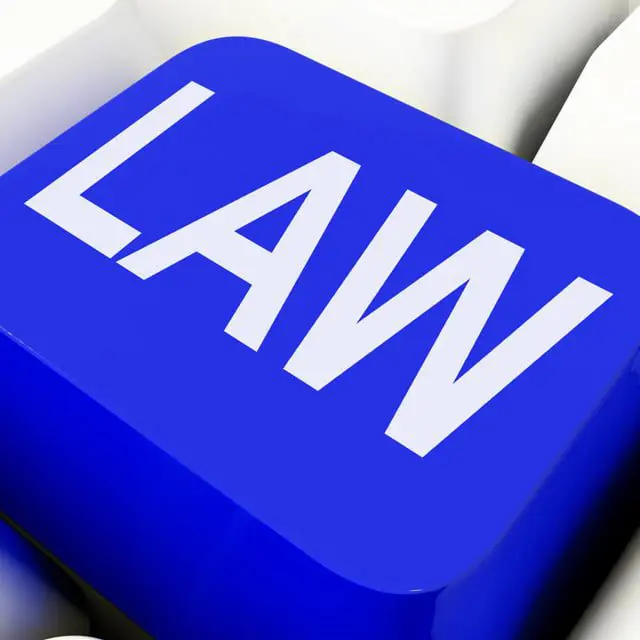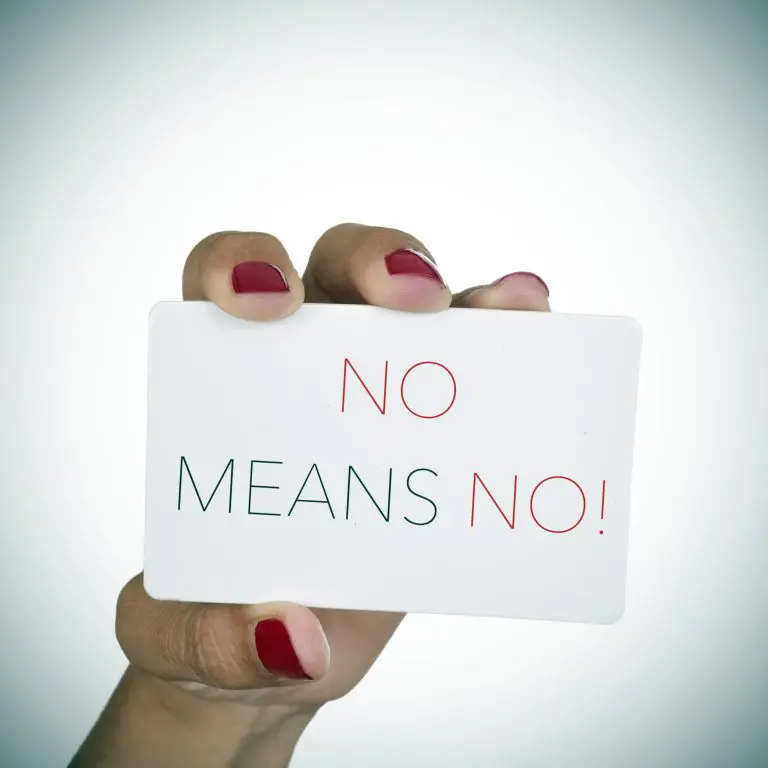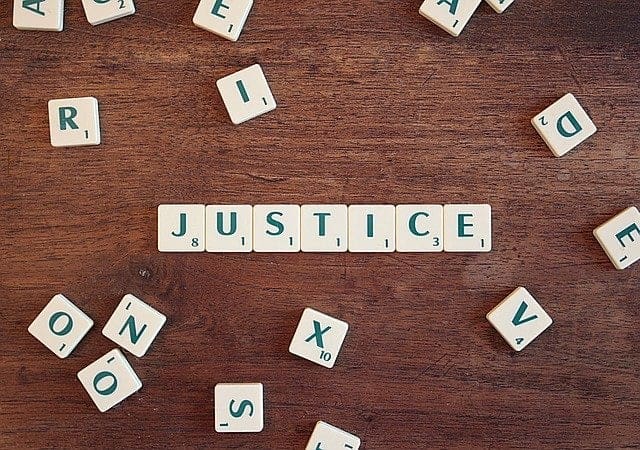In the legal realm, particularly in civil and criminal law, the role and responsibilities of a bailee are pivotal yet often misunderstood. This detailed article provides an in-depth exploration of the bailee’s legal position, obligations, and the intricacies of bailment.
Definition and Scope of a Bailee
A bailee is an individual or entity that temporarily gains possession, but not ownership, of personal property belonging to another (the bailor) for a specific purpose. Common examples include storage facilities, dry cleaners, and auto repair shops. The bailment relationship is fundamental in many everyday transactions, yet it carries significant legal implications.
The Legal Nature of Bailment
Bailment arises when property is delivered to the bailee under a contract, whether express or implied. The contract outlines the purpose of the bailment, such as repair, storage, or transport. Importantly, the bailee does not gain ownership rights but is obligated to return the property upon fulfillment of the contract.
Responsibilities and Duty of Care of a Bailee
The bailee’s primary duty is to take reasonable care of the property while in their possession. The expected degree of care can vary depending on factors like the nature of the bailment and the type of property. For instance, a higher degree of care is expected for valuable items like jewelry compared to everyday items like clothing.
Liability of a Bailee
A bailee’s liability hinges on the degree of care exercised. If the bailee fails to exercise reasonable care and the property is damaged, lost, or stolen, they may be held liable. However, liability can also be influenced by the type of bailment and any contractual agreements that may limit or extend the bailee’s responsibilities.
Extensions and Limits of Bailee Liability
A bailee can extend or limit their liability through agreements. For example, a dry cleaner might assume additional responsibilities through terms stated in a receipt. Conversely, liability can be limited to a certain dollar value, although such limitations are subject to legal scrutiny, especially if gross negligence is involved.
Types of Bailment
Bailment is categorized based on the benefit derived: mutual benefit, sole benefit of the bailor, or sole benefit of the bailee. Each type imposes varying degrees of care and liability. For instance, a bailment for the sole benefit of the bailor requires minimal care from the bailee, while one for the bailee’s sole benefit demands extraordinary care.
Real-Life Examples of Bailment
In everyday life, situations like valet parking or leaving goods with a repair shop are typical examples of bailment. These scenarios underscore the importance of understanding bailment principles to avoid disputes and legal issues.
Legal Recourse and Disputes
Disputes in bailment often revolve around damage, loss, or misuse of the bailed property. In such cases, the burden of proof generally lies with the bailor to establish negligence or breach of the bailment terms by the bailee.
Understanding Bailee Insurance
Bailee insurance is critical in mitigating financial risks associated with bailment. This insurance covers loss or damage to customer property under the bailee’s care, custody, or control, providing protection against potential liabilities.
Concluding Thoughts
The role of a bailee in law is nuanced and requires a comprehensive understanding of legal obligations, rights, and liabilities. Both bailees and bailors must be cognizant of the legal implications of their actions and agreements to ensure the protection of property and the avoidance of legal disputes.
For more information and in-depth analysis, you can visit Legal Information Institute, and Legal Dictionary
Disclosure: Generative AI Created Article
















